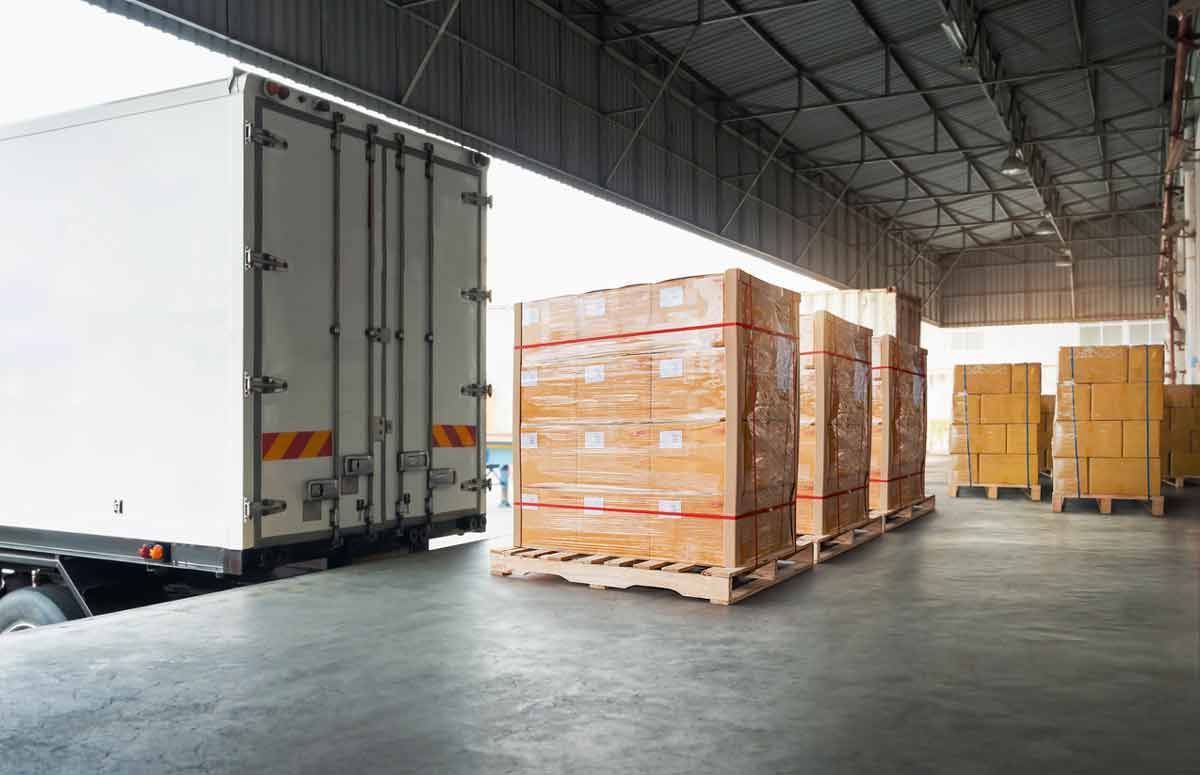Moving freight in today’s fast-paced environment isn’t just about trucks or routes It’s about being flexible, having data and the right systems to handle the unexpected. Your logistics partner should offer more than the standard freight services, regardless of whether you’re a manufacturer who needs to deliver products on time or a retailer who has to manage multiple shipments per day. They need to provide trust in their services, as well as control and clarity.

Image credit: translogisticsinc.com
That’s where modern freight brokerage services and technology-driven 3PL providers step in to change the game.
The modern Freight Broker is more than a Middleman
Traditionally the role of a freight broker was considered to be someone who linked shippers to carriers. Nowadays, a freight broker has evolved to be an integral partner that manages the intricate logistics of transportation for their clients. They can help their clients avoid delays, negotiate better rates, and find reliable transporters.
A reliable freight broker will help you save time and money by avoiding logistical concerns which can affect your bottom line.
Translogistics, Inc., or TLI is redefining the relationship between businesses and customers. By offering multimodal freight brokerage services, they allow businesses to shift between parcel, LTL (less-than-truckload), and volume LTL shipments depending on urgency, budget, or customer needs. This flexibility is important more than ever.
The 3PL Provider: An Extra Layer of Strategic Planning That You Didn’t Really Need
It could be the right time to consider an 3PL service provider if you are using multiple carriers, are juggling costs, tracking shipments manually and managing claims using spreadsheets. Third-party logistics companies can take on these tasks that can be time-consuming and let you to focus on what’s important most: growing your business.
A quality 3PL provides more than just outsourced services; they bring structure as well as strategy and knowledge. They’ll be able to evaluate your shipping patterns and recommend the most efficient options. They can also integrate technology-driven processes into your logistics department. With the help of a 3PL, you’re not longer reacting to problems you’re trying to prevent them from occurring. In an industry that demands transparency and efficiency, the tools used behind the scenes could make a big difference.
What is the role of a Transportation Management System?
Imagine a transport system as a command center for your shipment. It’s the brain of digital that lets you manage, track and optimize your freight through one system. TMSs provide you with visibility and control that you’ve never experienced before. From real-time carrier prices to creating Bills of Lading, and checking freight invoices.
Translogistics’ ViewPoint TMS platform is an example, and was designed with this goal in mind. The platform not only compares rates across different modes but it also has the use of AI-powered drag-and-drop to enter shipment data, eliminating the manual typing that can slow teams down. It’s one illustration of how technology in logistics is evolving to support more efficient, clean, and more accurate operations.
The partnership is the key to success
Logistics doesn’t have to be just about systems and services. It’s about people. It’s about having a team with you who understands what’s at risk when a shipment gets delayed or a carrier falls through. It’s not just about the transaction. It’s a strategic one.
Find a supplier who listens to your needs, is flexible and willing to invest in the latest technology. This will make the supply chain grow. Someone who takes your deliveries seriously and treats your shipments with the same urgency as you do. With the right support system, the chaos of freight turns into a smooth operation, and your company becomes and better positioned to expand. Modern logistics is not just about moving goods. It’s about being more efficient.


